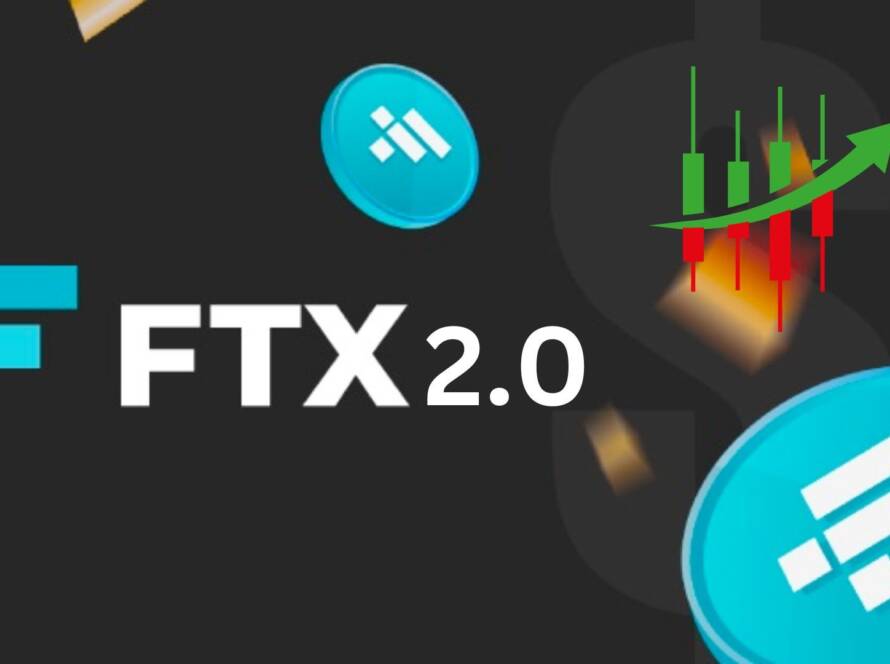Teachers, doctors, technicians and journalists are just some of the workers who will be paid in e-CNY, the country’s active CBDC.
The eastern Chinese city of Changshu will start paying public sector employees in the country’s central bank digital currency (CBDC) from next month, according to the South China Morning Post.
Chinese digital currency stocks surged yesterday following the news, with shares in Global Infotech Co soaring by 13% by midday.
What is a CBDC and why are they becoming popular now?
A CBDC, or central bank digital currency, is a digital form of fiat currency that’s issued and regulated by the central bank of a country. It is a digital representation of a nation’s currency, and they are designed to operate on a blockchain or a similar distributed ledger technology.
China’s new digital currency, known as e-CNY, is a representation of the yuan.
CBDCs are similar to cryptocurrencies. The key difference is that they are centralised and regulated by a bank, while cryptocurrencies are decentralised and mostly unregulated.

Unlike fiat currency, CBDCs are easy to store and distribute, and transactions are fast and efficient. They can also help promote financial inclusion for unbanked marginalised populations, since digital wallets are extremely easy to access and navigate with a smartphone.
CBDCs also give centralised banks greater visibility over the money supply, in theory giving regulators an opportunity to improve monetary policy. However, many have expressed concern that hyper-visibility might easily translate into surveillance and loss of privacy.
When discussing the possibility of a US-based CBDC, Robert Kiyosaki, author of Rich Dad, Poor Dad, said: “The big concern with FedCoin, the CBDC, is that we lose our privacy. That they’ll track us, they’ll track every move because they’ll know everything we’re spending money on, what we spend it on, who we give it to and all these, so it becomes George Orwell’s 1984. Big Brother will watch you via our money and that’s the problem with the central bank digital currency, or the Fed Coin.”
In a speech last Tuesday, Federal Reserve Governor Michelle Bowman addressed the matter of privacy, stating that a potential US CBDC must take privacy into consideration.
She went as far as stating that a US CBDC has the potential to impose an impediment on “the freedom Americans enjoy in choosing how money and resources are used and invested.”
Governor Bowman added: “We must ensure that consumer data privacy protections embedded in today’s payment systems continue and are extended into future systems. So, a central consideration must be how a potential US CBDC could incorporate privacy considerations into its design, and what technology and policy options could support a robust privacy framework.”
China is one of the first developed countries to experiment with a fully-fledged CBDC, but it certainly won’t be the last.
As of March 2023, there were 11 countries and territories with CBDCs (Bahamas, Antigua and Barbuda, St. Kitts and Nevis, Monserrat, Dominica, Saint Lucia, St. Vincent and the Grenadines, Grenada, and Nigeria), and 32 countries have CBDCs in development.
Disclaimer: CryptoPlug does not recommend that any cryptocurrency should be bought, sold, or held by you. Do conduct your own due diligence and consult your financial advisor before making any investment decisions.




